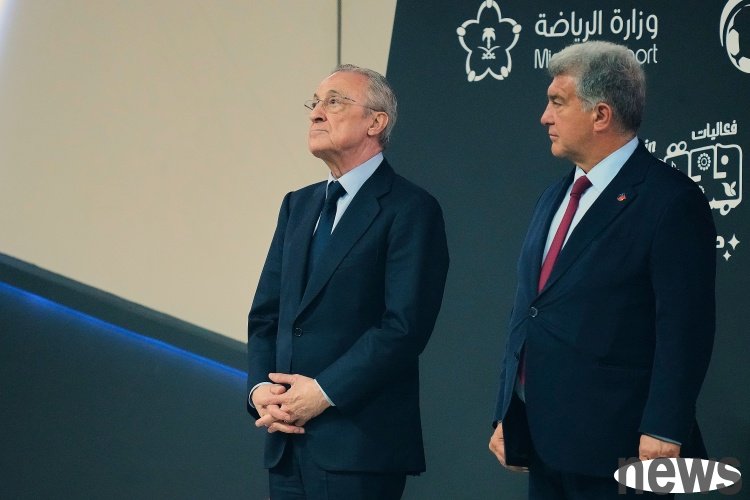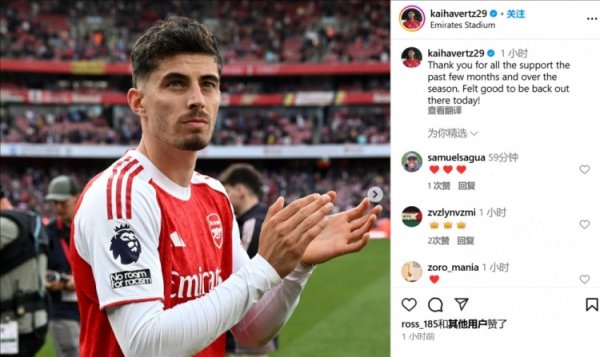Telegraph: Real Madrid and Barcelona are jealous of the hot Premier League market, and the income of other La Liga teams is being squeezed out by Real Madrid

"The Telegraph" wrote an article stating that the abortion of La Liga's overseas game plan in Miami has once again exposed the internal contradictions in Spanish football and the huge commercial gap between it and the Premier League.
Although Real Madrid and Barcelona have opposing positions on the Miami game, Real Madrid objected and eventually led to the cancellation of the plan, while Barcelona supported and was disappointed. However, the article believes that the two giants are still consistent in their deeper strategic goals: after draining the Spanish domestic market, they will seize external revenue to cope with their huge debts, and regard the wealthy Premier League as a common "enemy" or goal.
British media analyzed that although Real Madrid and Barcelona have been rivals in competition in recent years, they have long-term alliances off the court, especially on issues such as confronting La Liga Chairman Tebas and promoting the European Super League. The roots of this alliance lie in the similar plight of the two clubs, both saddled with huge debts. Real Madrid is as high as about 3 billion euros; both are facing an unsustainable future for the membership model; both need to maintain the status quo by selling future earnings such as transactions with American investment companies or risky "leverage" operations; and both have further increased their financial burden due to renovating the stadium. Both presidents Florentino and Laporta realized that they had to expand outward to find new sources of income.
However, the Miami game incident also highlighted new changes in the relationship between the two clubs. Laporta's relationship with Tebas has eased in order to seek flexibility in La Liga's financial rules. His commitment to the European Super League seems to be weakening, and he has even begun to make overtures to UEFA and the European Club Association led by PSG president Nasser, who has a tense relationship with Perez. A source familiar with the top management of the two clubs commented: "As Barcelona's financial situation becomes more stable, they can express their views more and no longer have to follow Real Madrid's line."
The article criticized that Real Madrid and Barcelona, rather than hoping for "gimmicks" like the Miami game, should enhance the overall attractiveness of La Liga through more equitable income distribution. Data shows that in the 2023-24 season, Barcelona and Real Madrid's broadcast revenue is 163 million and 160 million euros respectively, while Atletico Madrid, which is third in revenue, only has 118 million, and the revenue of teams such as Sevilla and Real Sociedad at the bottom is less than half of Real Madrid. La Liga's complex allocation rules, based on historical results and "social influence" or popularity, are heavily tilted towards the two giants, resulting in a lack of competitive suspense in the league. Since the 2000-01 season, only Valencia and Atletico have broken Real Madrid's monopoly twice each, while the Premier League, Bundesliga and Ligue 1 have produced 6, 6 and 8 different champions respectively during the same period.
The article finally pointed out that one of the key factors why the Premier League remains attractive on a global scale is its relatively fair revenue distribution mechanism with a maximum-to-minimum revenue ratio of 1.8:1. Although the two giants in Spain are unanimously jealous of the Premier League's wealth, they have always jointly opposed the implementation of similar fair distribution plans in the country.















